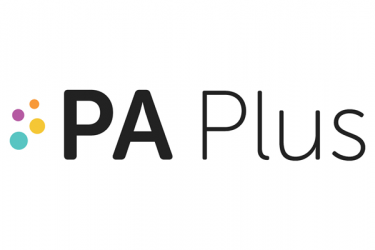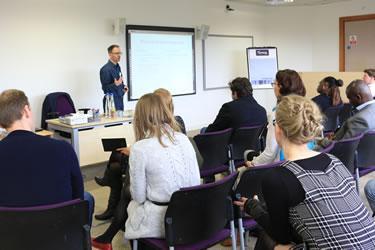PA Plus - assessment resources
All the resources required to use the HFL approach to primary assessment of reading, writing, maths and science.
The PA Plus assessment model has been developed by highly experienced advisers working together with schools to create a solution for tracking pupils’ progress towards the end of Key Stage standards of the National Curriculum. The team of advisers emphasize the principles of focusing on formative assessment, as this is where the most gains to pupils’ learning can be made.
The detailed assessment criteria, created by subject experts, support teachers with planning and assessment in reading, writing, maths and science across Key Stages 1 and 2.
There are two different models of assessment and tracking included here. Both models enable teachers to track the performance of individuals, key groups of pupils (e.g. gender, Pupil Premium etc) and classes across the primary phase – and to quickly identify where extra support is necessary.
The original model (‘phases and steps’ approach) which we developed in 2014 can be used with SIMS Assessment Manager 7 only. However we now recommend that schools adopt our simplified approach which we call ‘Easy Tracking’. This is available for both SIMS Assessment Manager 7 and Arbor, and includes tracking across the Early Years Foundation Stage.
Subscribing to PA Plus is excellent value and provides access to all these assessment materials.
For advice and support on using these materials please contact the Assessment Team on 01438 844863.
Assessment - Easy Tracking
A simple, flexible assessment tracking and data system for core subjects in the primary phase. Resources available for SIMS AM7 and Arbor.
Assessment - original tracking resources (phases and steps approach)
Templates, reports and guidance for SIMS AM7 for the original tracking resources (phases and steps approach)
Contact details
HFL Education - resources

